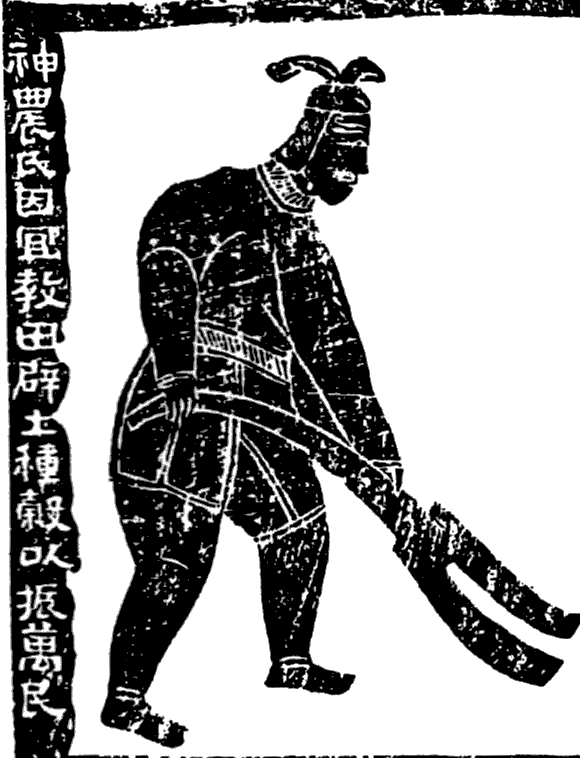The river is full of water and never ends(滔滔不絕)
In China's Qin and Han dynasties, the
central government had a very special department. The main task of this
department was to collect folk songs sung in various parts of China, odes
written by nobles, and music of surrounding ethnic groups.
This department collects and preserves many
beautiful poems of that era.
This idiom comes from a poem about
sacrifice in the Han Dynasty.
We put the best grain of the year on the
sacrificial table, and the fragrance reminds me of the good virtues of our
ancestors.
We sacrificed snakes to the gods in charge
of agriculture. We use tortoise shells for divination, we hope we can get good
revelation.
We pray to the gods to defend the homeland.
Let there be no disasters everywhere.
We pray to the gods to control the climate.
Let the rain and temperature moderate.
We have cooked food in noble vessels.
We hold the brewed wine in noble wine
vessels.
We slapped these ritual vessels and wine
vessels gently, and we danced in praise.
We ask the gods to bless us.
We hope that the blessings that the gods
bestow upon us are like a river full of water, a river that will never end.
This idiom means to describe a river that
is plentiful and never ends. It is also used to describe a person with good
eloquence.
Dear friends, what inspiration or thoughts
do you have after listening to this story?
What do you think is the best blessing?
Have you ever participated in those religious rituals?
I hope this story will give you something
new to gain.
滔滔不絕(The river is full of water and never
ends)
中國的秦王朝與漢王朝,中央政府有一個很特殊的部門,這個部門最主要的工作是蒐集中國民間各地民間傳唱的歌謠、貴族所寫的頌歌、周邊民族的樂曲。
這個部門蒐集並保留了許多那個時代的優美詩歌。
這句成語就是出自漢王朝的一首關於祭祀的詩歌。
我們將今年所出產的最好的穀物放在祭祀的桌上,那芳香的味道讓我想到我們祖先的美好的德行。
我們用蛇為祭品祭拜主管農業的神。我們用龜殼來占卜,我們希望可以得到美好的啟示。
我們祈求神靈保衛家園。讓各地沒有災害。
我們祈求神靈控制氣候。讓雨水與氣溫適中。
我們在高貴的器皿中裝著烹煮好的美食。
我們在高貴的酒器中裝著釀造好的美酒。
我們輕輕地拍打著這些禮器與酒器,我們跳舞歌頌。
我們祈求神靈降福給我們。
我們希望神靈賜給我們的福氣就如同一條水量充沛的河流,一條永遠不會斷絕的河流。
這句成語的意思是形容一條河的水量充沛而且永遠不會斷流。也被用來形容一個人的口才很好。
親愛的朋友,你聽完這個故事有怎樣的啟發或有怎樣的想法呢。
你覺得的最好的福氣是甚麼呢?你是否參加過那些宗教祭祀的活動呢?
我期待這故事能讓你產生一些新的收穫。
出處為樂府詩集-卷一二-郊廟歌辭一二-漢宗廟樂舞辭1積善舞
